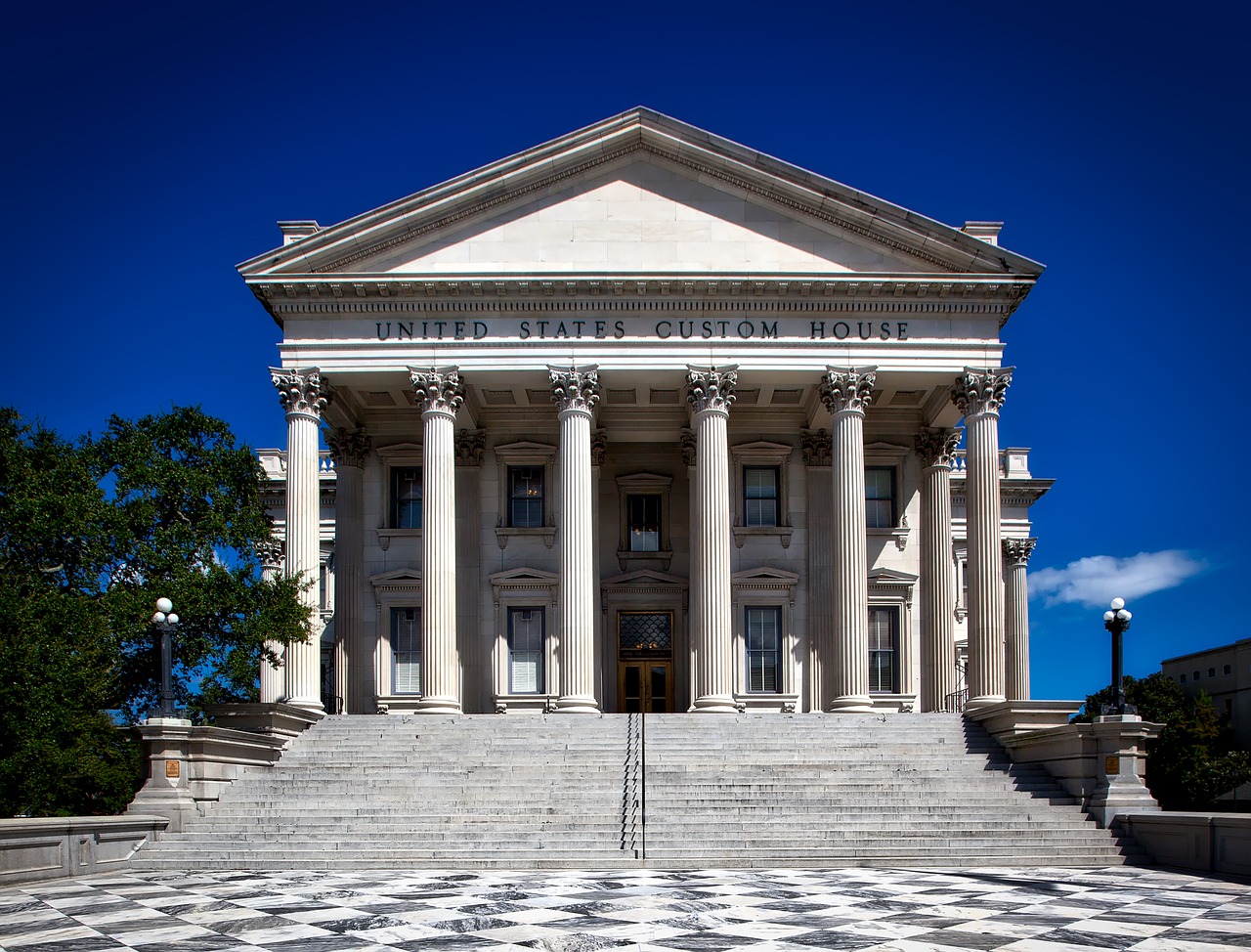By Frank Andorka, Senior Correspondent
What Happened:The New Jersey legislature got about the business of undoing former Governor Chris Christie’s treachery when it came to the solar industry, passing two companion bills out of committees in the House and Senate that would fix Christie’s mischief by increasing the state’s RPS and create a community solar program.
- On his way out the door, Christie “pocket-vetoed” a bill that would have increased the state’s RPS, a move the state’s solar industry says is desperately needed to maintain its strength as a market.
- Now, under a governor who has unceasingly pledged his undying love to the industry, the two companion bills in the House and Senate have moved one step closer to passage and Governor Phil Murphy’s expected signature.
- Though nothing is ever a done deal until the ink is dry with the governor’s signature, the moves yesterday gave the state’s solar advocates a much-needed victory in a market in need of stability after years of turmoil.

Atlantic City, New Jersey, might be able to expand its use of solar if two new bills are eventually passed and signed into law by Governor Phil Murphy.
SolarWakeup’s View: Thankfully, it appears Maine’s incessant desire to destroy its own solar industry is the exception instead of the rule in state legislatures these days.
Following a victory for the clean-energy industry in South Carolina on the same day, two companion bills passed their respective House and Senate committees and moved one step closer to passage in the New Jersey legislature – after which Governor Phil Murphy could reasonably be expected to sign a combined measure.
“New Jersey was one of the pioneering states in the solar industry,” said Tony Clifford, CDO of Standard Solar, a Maryland-based national solar company. “It’s great to see the legislature taking actions that will re-energize the industry in the state and create a strong and dynamic solar market going forward.”
According to the New Jersey Conservation Foundation, the bills would:
- Mandate that New Jersey gets more than 50% of its energy from renewable sources like solar and wind by 2030, a fourfold increase in the next 12 years over the progress made since 2001, while protecting customers with a cap on the cost.
- Create a community solar program that will ensure all customers will have access to the benefits of solar energy for the first time, including low-income and multi-family residence customers.
- Establish an energy efficiency program that would decrease harmful emissions from the power sector by approximately 350,000 metric tons per year, the equivalent of removing approximately 75,000 cars from the roads per year.
[wds id=”3″]
For years, under the visionary leadership of former Governor Jon Corzine, the Garden State could once claim the second-highest installed-solar capacity in the country, trailing only California. Thanks to an unstable SREC market and some overbuilding, the state’s solar industry growth has slowed in recent years, while its neighbor and rival New York has sped past it into its own solar prominence.
But you didn’t think New Jerseyeans would take this lying down, right? For now, it appears that New Jersey could be on the cusp of a solar renaissance – and yesterday’s actions in the legislature are a good first step in that direction.
“It is heartening to see the New Jersey legislature take actions that will allow our state’s solar industry to continue to grow and thrive,” said Jesse Grossman, CEO of Soltage, a New Jersey-based national solar company. “All New Jerseyans deserve the opportunity to access solar and see the economic benefits which the attendant job growth and infrastructure investment will bring to the Garden State. With this new legislation and the governors expected signature, the future of the solar industry in New Jersey will indeed continue to shine.”
We couldn’t agree more.
More:
NJ_SOLAR_BILL_SUPPPORT_LETTER_FINAL_4_4_18




